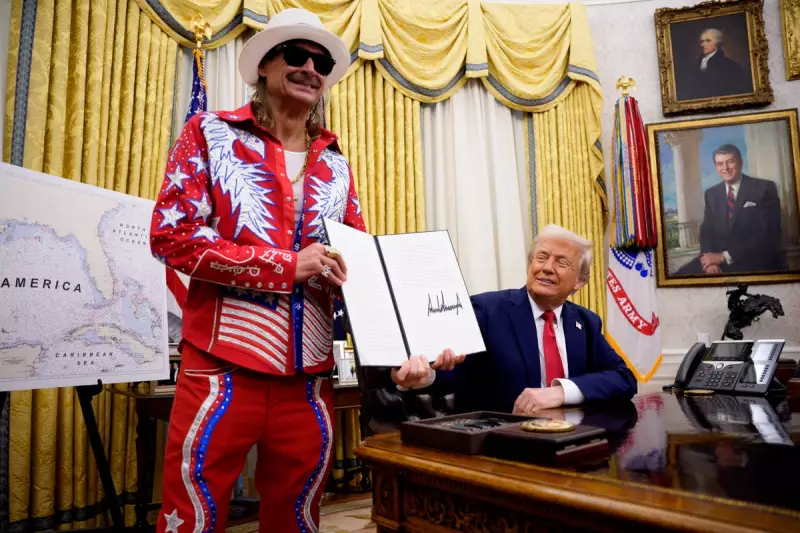
In a candid and unfiltered interview, musician Kid Rock has launched a blistering critique of contemporary youth culture, expressing deep concern about what he perceives as the erosion of traditional American values among younger generations.
The Value Shift That Worries Kid Rock
The rock star, known for his outspoken political views, didn't hold back when discussing his observations about modern youth. "I think we're failing our young people in many ways," he stated, pointing to what he sees as a fundamental shift away from core principles that once defined American character.
Education and Cultural Influences Under Fire
Kid Rock specifically targeted modern education systems and cultural influences for steering young Americans away from traditional values. He expressed particular concern about the diminishing emphasis on concepts like personal responsibility, hard work, and national pride.
"There used to be certain things we all understood were important," the musician reflected. "Now, it feels like we're celebrating the wrong things and forgetting what truly made this country strong."
A Generational Divide on Core Principles
The interview revealed a significant generational perspective gap, with Kid Rock advocating for a return to what he considers foundational American virtues. His comments touch upon ongoing cultural debates about how values evolve between generations and what constitutes proper moral guidance for young people.
While his views may prove controversial with some demographics, they reflect broader conversations happening across the United States about cultural direction and value transmission to younger citizens.
The Celebrity Perspective on National Identity
As a prominent figure in the entertainment industry, Kid Rock's comments add to the growing trend of celebrities weighing in on social and political issues. His perspective offers a distinctive viewpoint from someone who has achieved substantial success while maintaining strong opinions about American tradition and identity.
The musician's remarks are likely to spark further discussion about the role of traditional values in modern American society and how different generations perceive the country's evolving cultural landscape.





